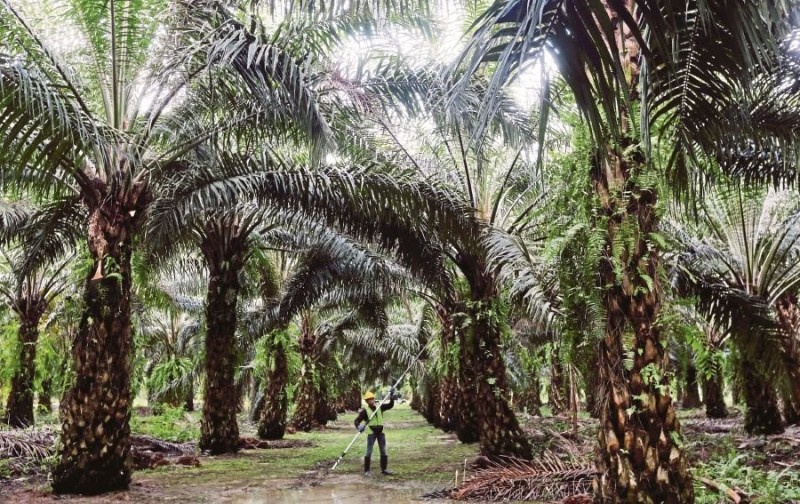
KUALA LUMPUR: Delays in processes in source countries and agents' mechanisms have resulted in only a minimal of the estimated 400,000 foreign workers having entered Malaysia since January this year for all economic sectors, Malaysian Palm Oil Association (MPOA) said.
MPOA, in its 2023 Budget wishlist, hopes that the government will tackle the issue of labour shortage to support the competitiveness and sustainability of the local oil palm industry.
MPOA chief executive Joseph Tek said the government hasd approved close to 400,000 foreign workers quota applications for all economic sectors since January.
"However, delays in processes in source countries and the agents' mechanisms in place have resulted that only a minimal 12 per cent of the foreign workers having entered Malaysia since January 2022 for all economic sectors.
"Effective measures must be put in place towards eradicating forced labour and human trafficking elements, and to ensure compliance to the International Labour Organisation (ILO) standards on migrant workers' recruitment process, along with zero costs assurance whereby the potential candidate/workers should not be charged or paid any amount prior to their recruitment," Tek said.
MPOA is also hopeful for the government to address the budgetary operational enablers in terms of labour and mechanisation imperatives, as well as a review of taxation pertaining to the windfall profit levy and reinvestment allowance, and a proposed sustainability
financing initiative with a green revolving fund specifically for the plantation sector.
MPOA said to facilitate and ascertain that plantation companies comply with the ILO standards on migrants' workers recruitment, the government should avail direct tax relief or incentives to cover the expenditures incurred by industry players in initiating recruitment programmes and awareness campaigns at the approved source countries to expedite the recruitment process of foreign workers.
"MPOA would also like to implore upon the government to regulate and impose a fair cap and limit the total charges by the agents to employers.
"At present, some recruitment agents are charging high fees for their services. To date, no agency or ministry has developed guidelines or regulations pertaining to these charges," he said.
MPOA suggested the government to grant a waiver or reduction of import duties or tax relief on selected heavy machinery and equipment that are used in the plantation sector for a specified period.
Grants via financial institutions can also be made available to eligible plantation companies to enable them to acquire the critical types of machinery for their operations in the absence of sufficient workers.
MPOA also proposed that the government revert the rate of the windfall profit levy (WPL) for Sabah and Sarawak from 3.0 per cent back to its original 1.5 per cent under 2023 Budget.
"In view of the further increase in the cost of production in Year 2022, MPOA also would further beseech the government for another revision of the WPL threshold by RM500 per tonne crude palm oil (CPO) from RM3,000 to RM3,500 per tonne CPO for Peninsular Malaysia, and from RM3,500 to RM4,000 per tonne CPO for Sabah and Sarawak.
"The proposed revised rate and thresholds in the above would closely resemble the notion of windfall profit," said Tek.
MPOA also asked for the government to waive the seven years limit on carried forward of unabsorbed business losses, and to revise and extend the Reinvestment Allowance (RA) for the plantation sector for up to 12 years after declaring maturity.
It said the plantation business was a long-haul business in nature, whereby return on investment can take up to 15 or more years for plantation companies to break even with the oil palm planting cycle of about 25 years.
Source: https://www.nst.com.my/business/2022/09/831029/only-12pct-approved-400000-%C2%A0foreign-workers-have-entered-malaysia-january

